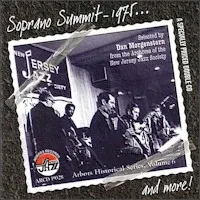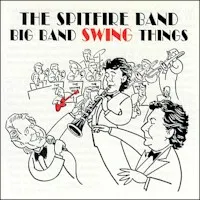Time: 47:27
Size: 108.6 MB
Styles: Funk, Jazz-blues
Year: 2016
Art: Front
[4:13] 1. You Upset Me, Baby
[5:30] 2. I'm King
[7:16] 3. Rock Me, Baby
[6:19] 4. Mosaics
[7:23] 5. Delia Soul
[5:33] 6. Outer Space
[5:28] 7. Farid
[5:41] 8. Over In The Gloryland
Charlie Apicella - guitar; Stephen Riley - tenor, alto saxophones; Freddie Hendrix - trumpet; Dave Braham - organ; Mayra Casales - congas; Alan Korzin - drums.
"As a player, Apicella immediately brings to mind Grant Green. He’s funky, he’s bluesy, and he’s not afraid to get dirty at times. The perfect illustration of how great this band is together is Charlie’s “64 Cadillac.” Apicella and band have that perfect jazz rapport that allows them to be tight as hell and play off each other beautifully." ~JOHN HEIDT
"As a player, Apicella immediately brings to mind Grant Green. He’s funky, he’s bluesy, and he’s not afraid to get dirty at times. The perfect illustration of how great this band is together is Charlie’s “64 Cadillac.” Apicella and band have that perfect jazz rapport that allows them to be tight as hell and play off each other beautifully." ~JOHN HEIDT
Payin' The Cost To Be The Boss




















